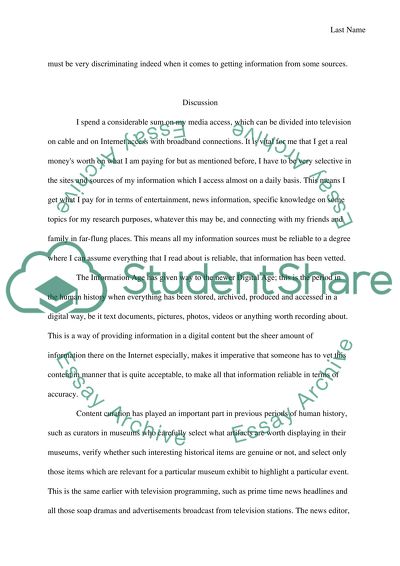Cite this document
(Surviving for a Time without Media Access Essay, n.d.)
Surviving for a Time without Media Access Essay. Retrieved from https://studentshare.org/technology/1594084-my-media-life
Surviving for a Time without Media Access Essay. Retrieved from https://studentshare.org/technology/1594084-my-media-life
(Surviving for a Time Without Media Access Essay)
Surviving for a Time Without Media Access Essay. https://studentshare.org/technology/1594084-my-media-life.
Surviving for a Time Without Media Access Essay. https://studentshare.org/technology/1594084-my-media-life.
“Surviving for a Time Without Media Access Essay”, n.d. https://studentshare.org/technology/1594084-my-media-life.


